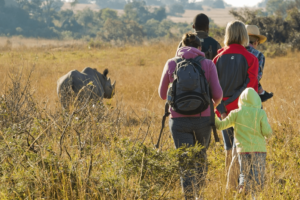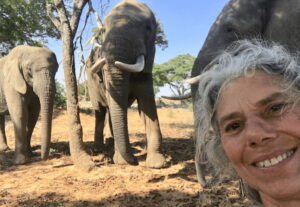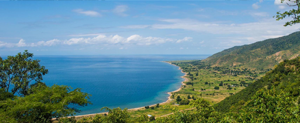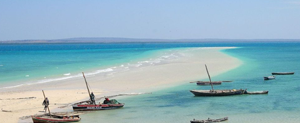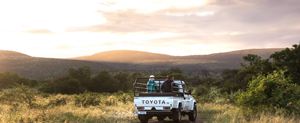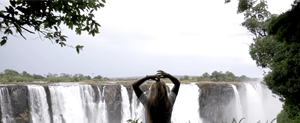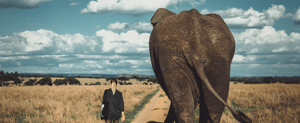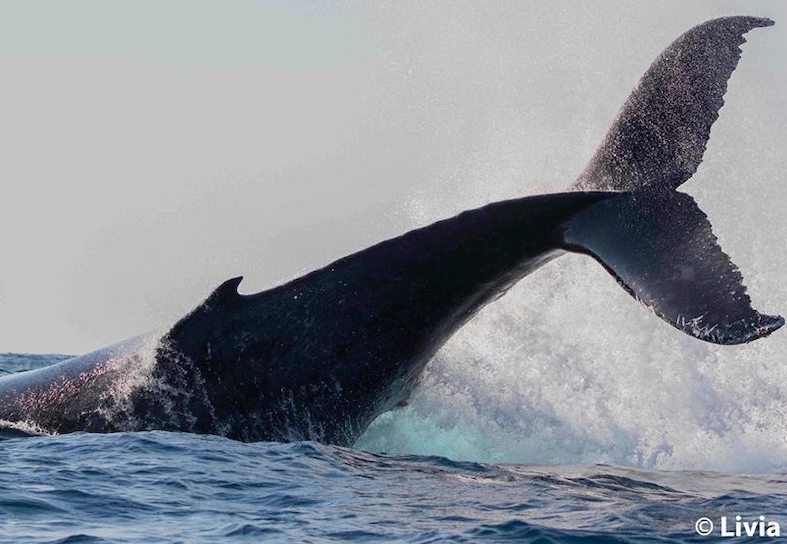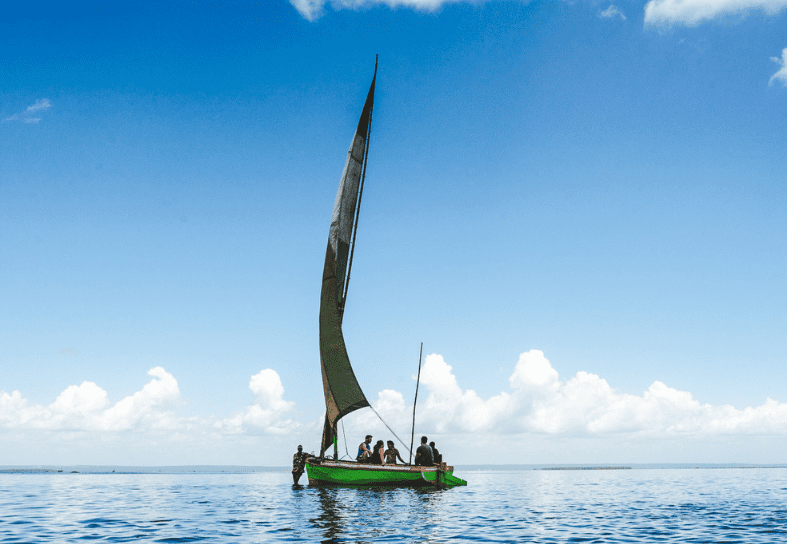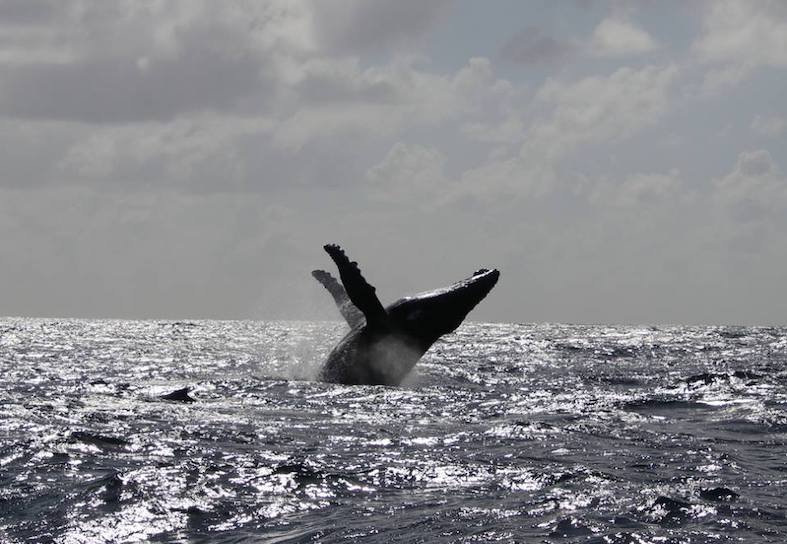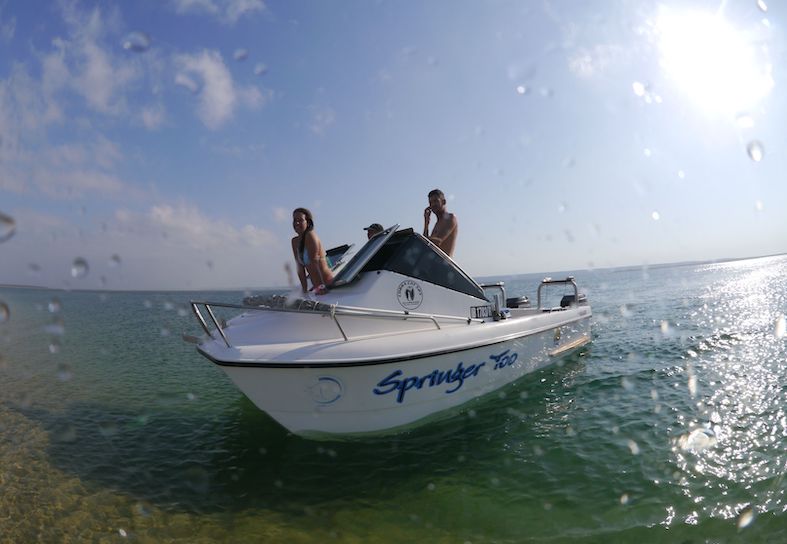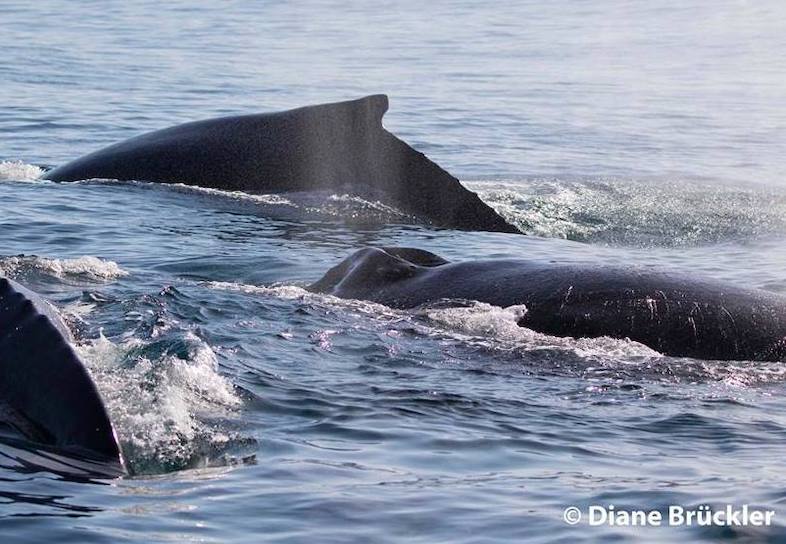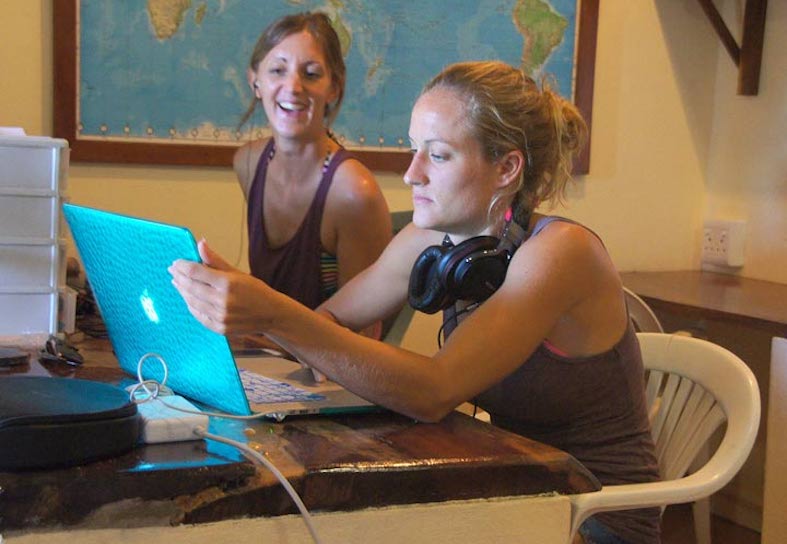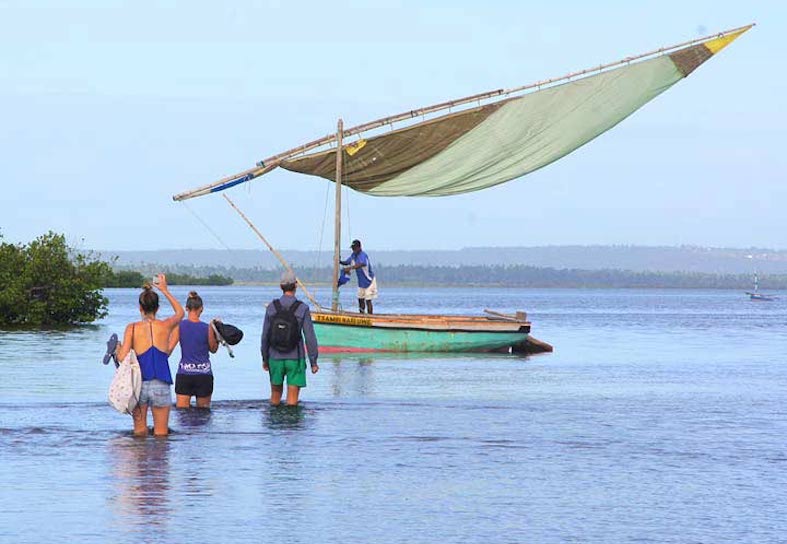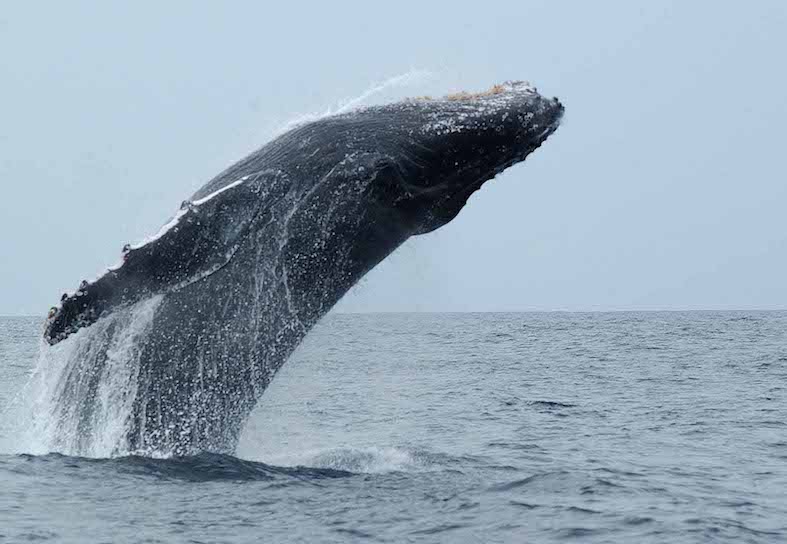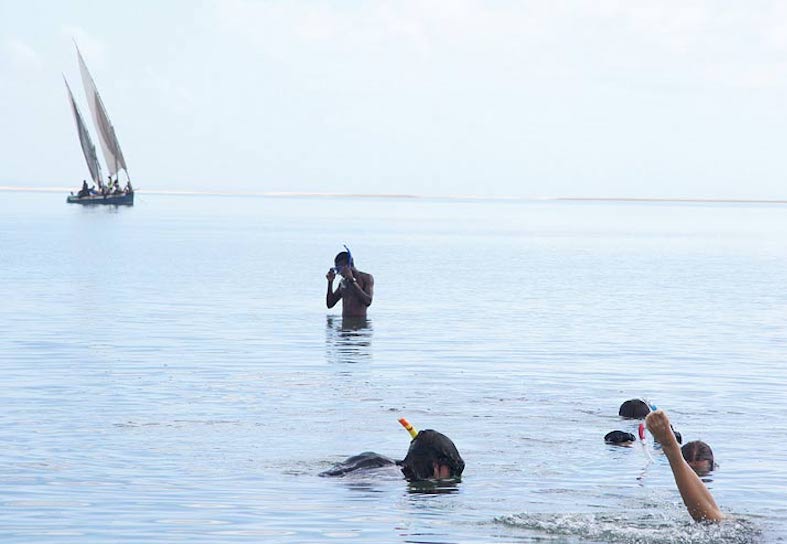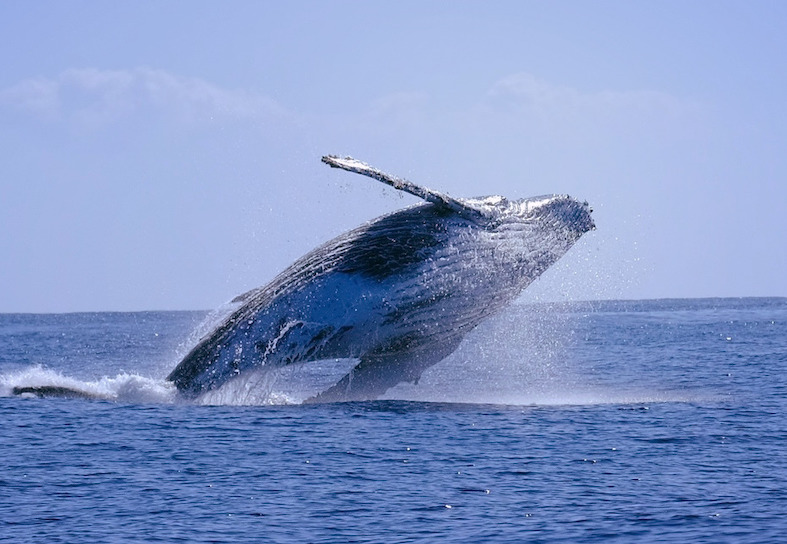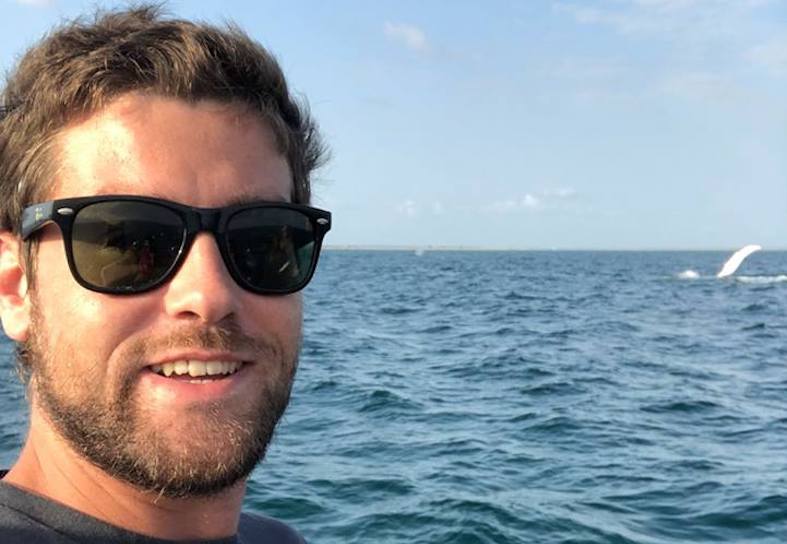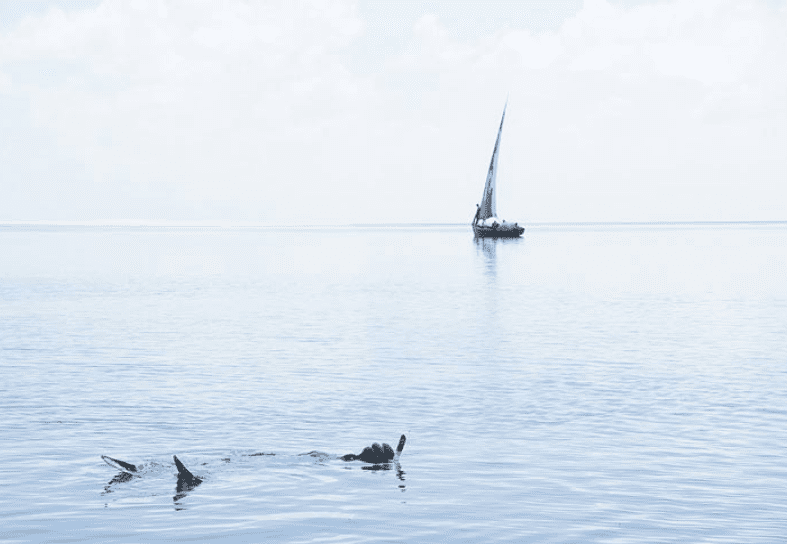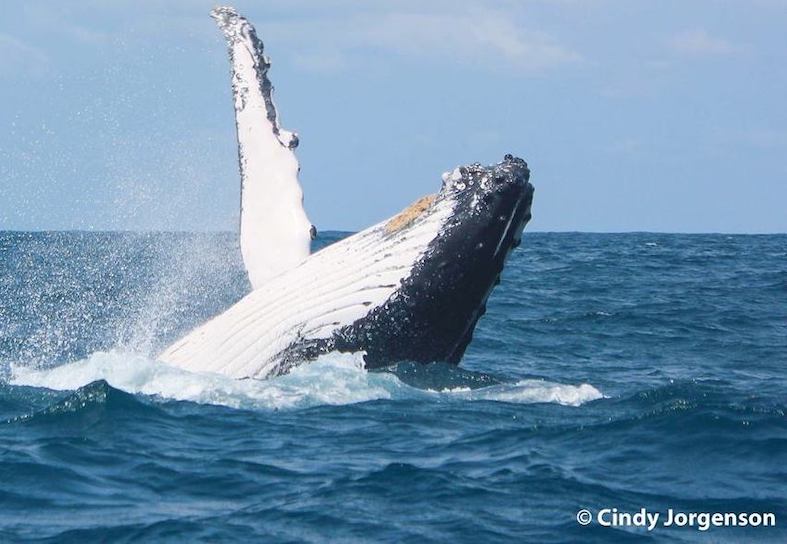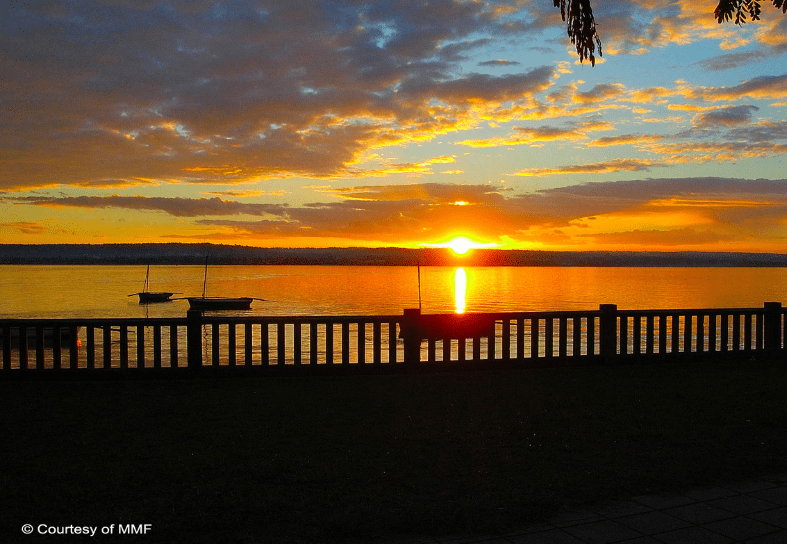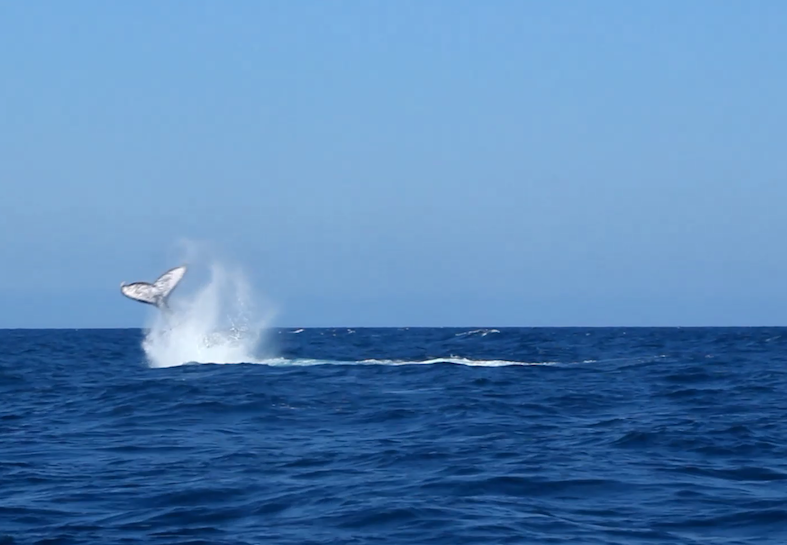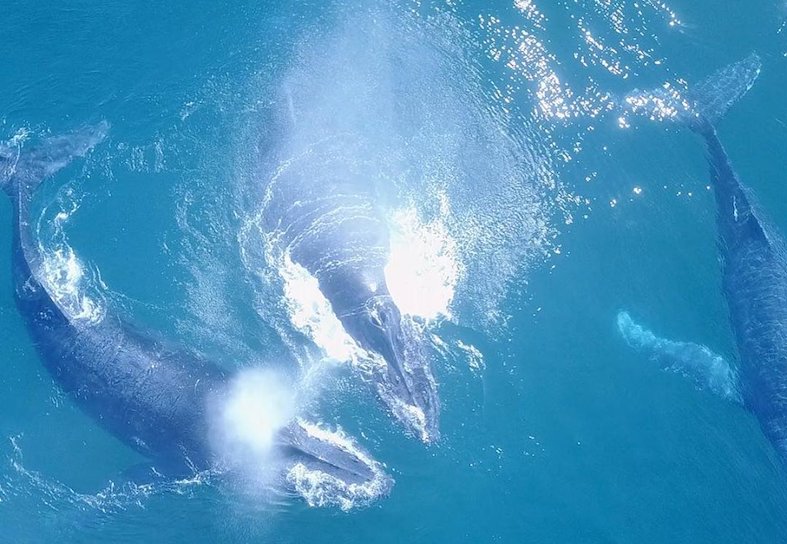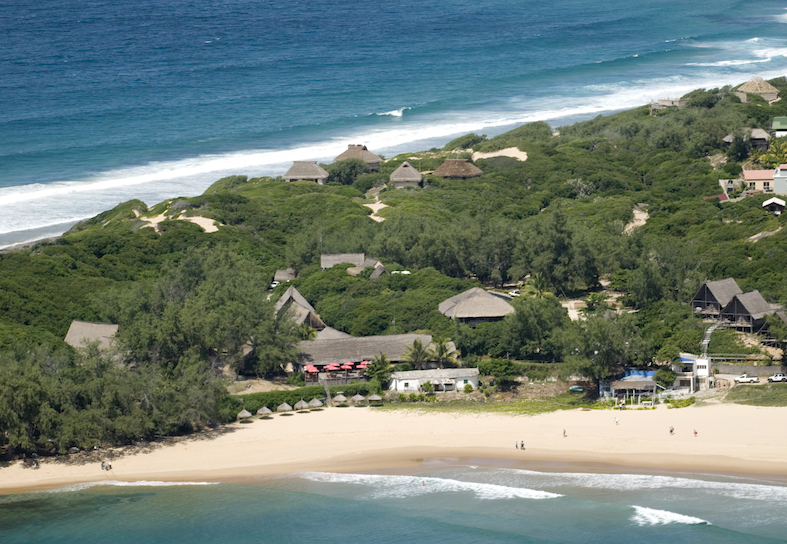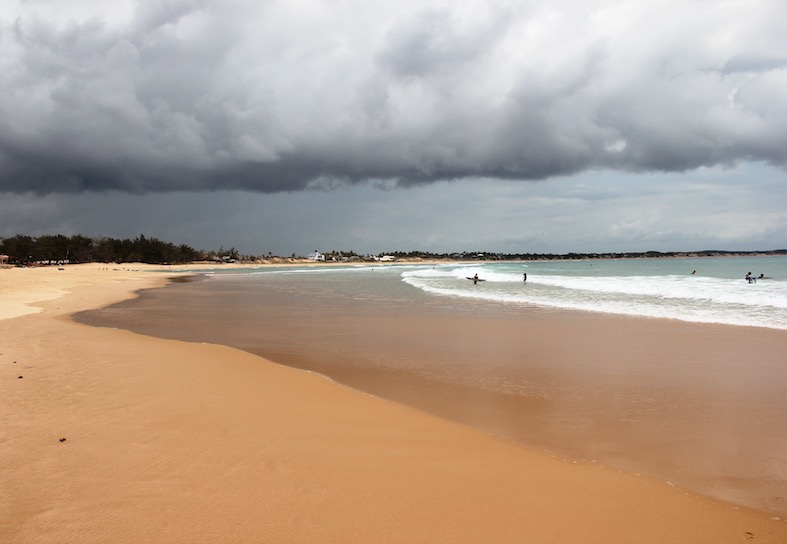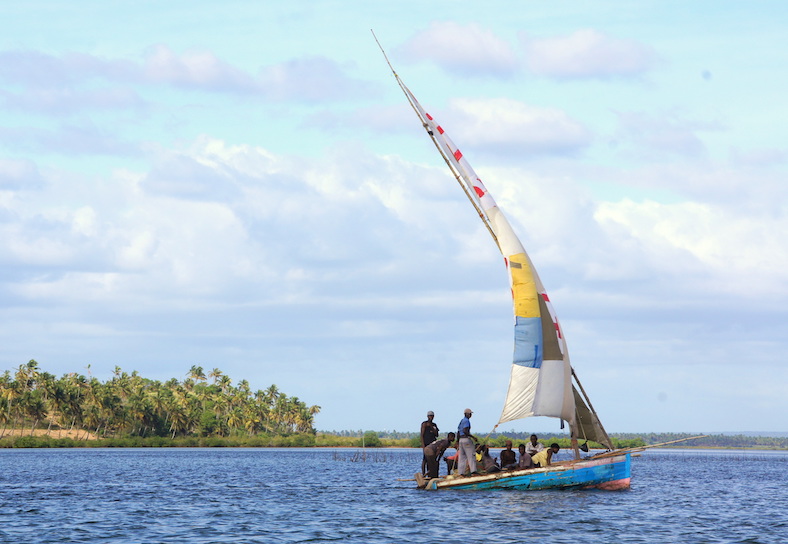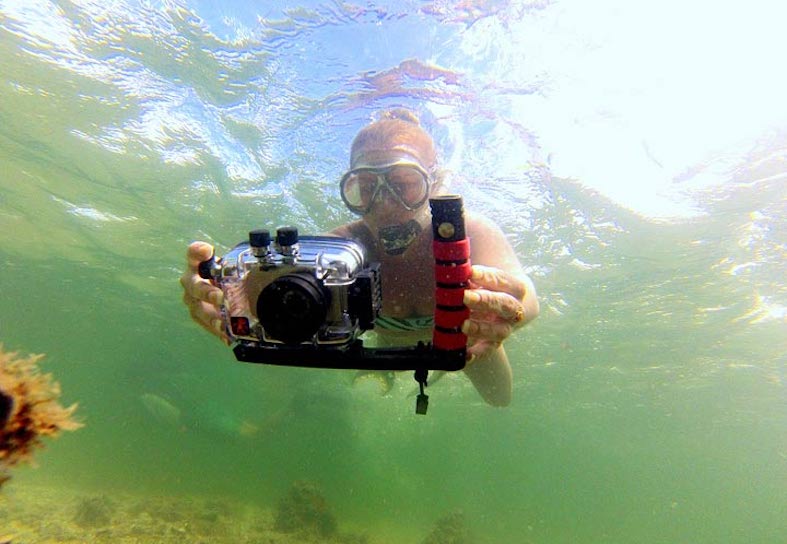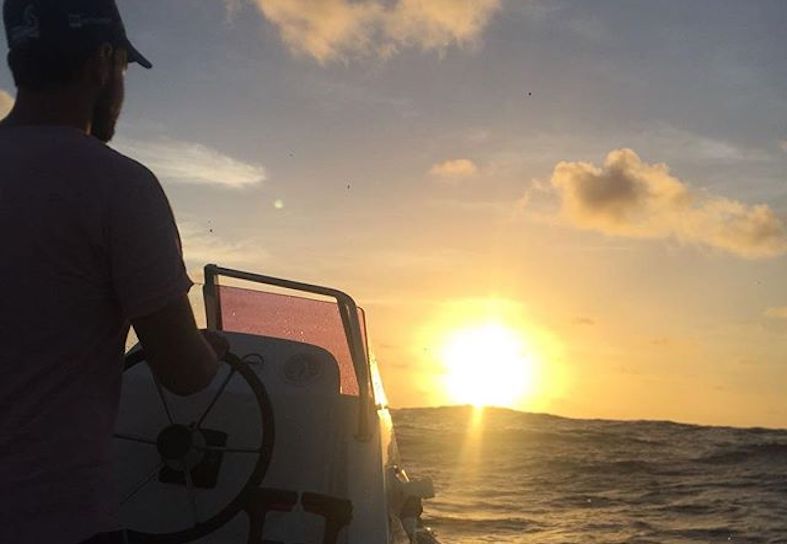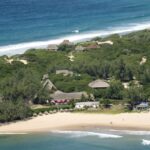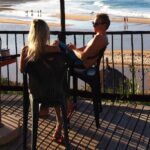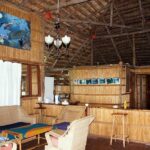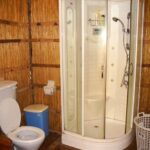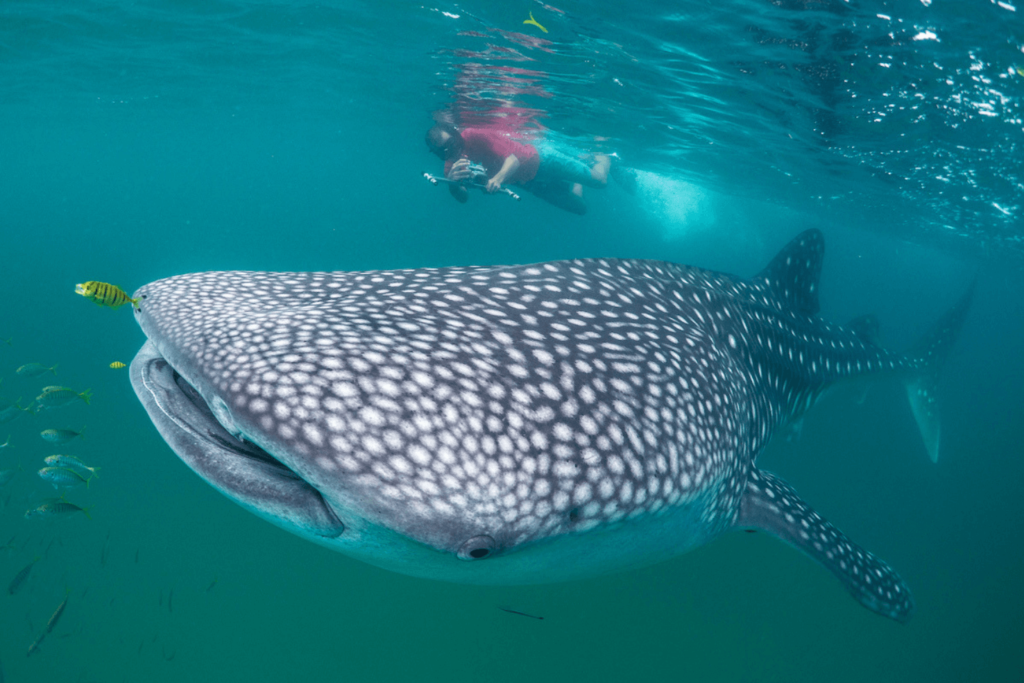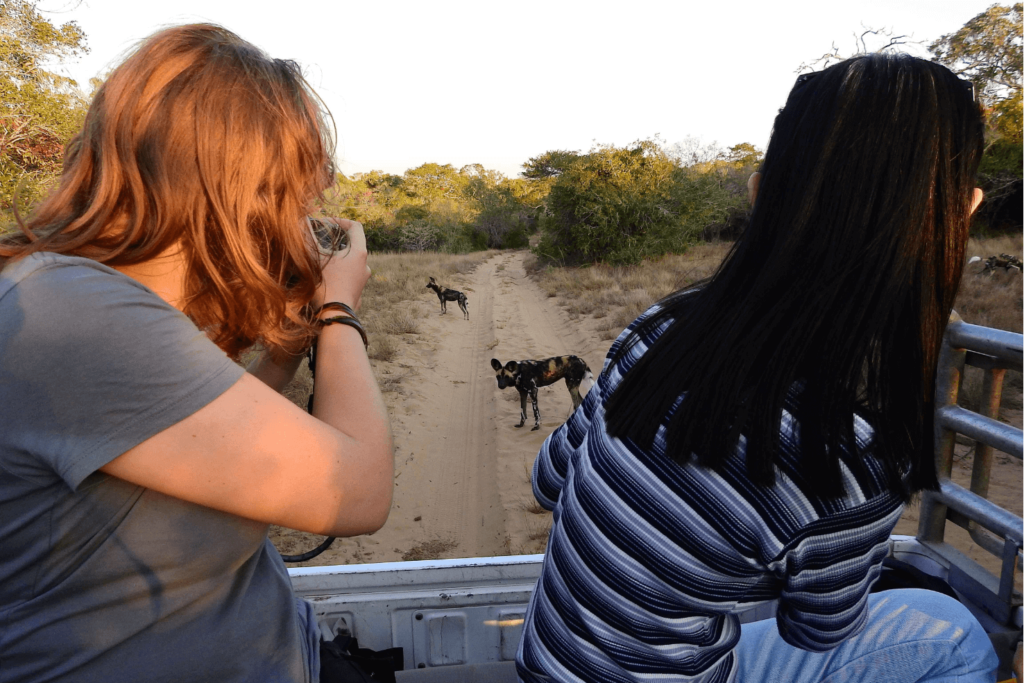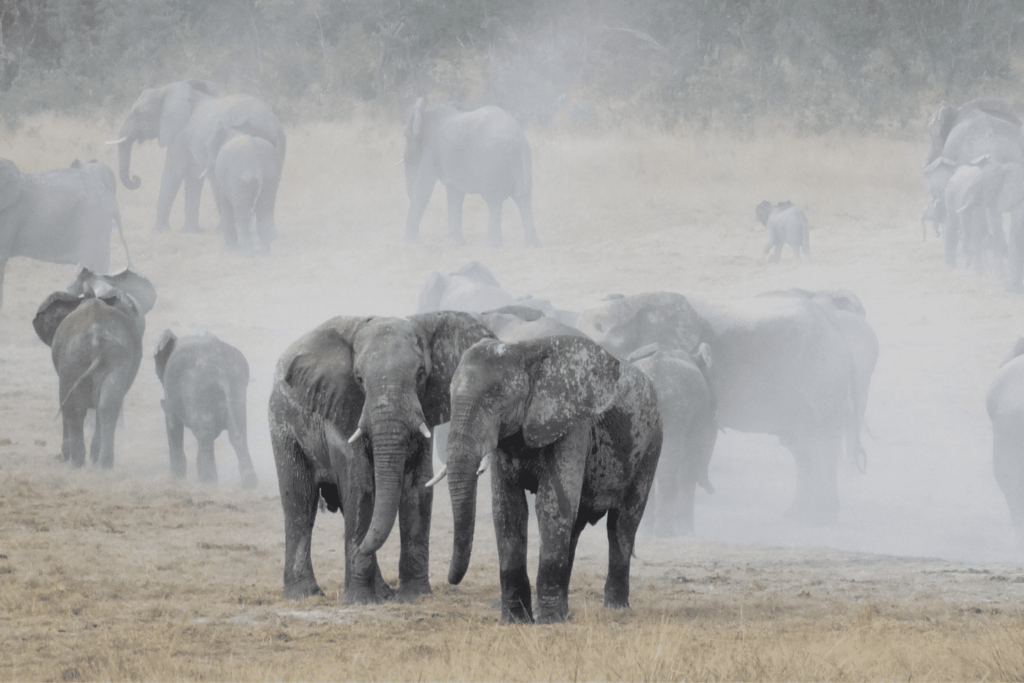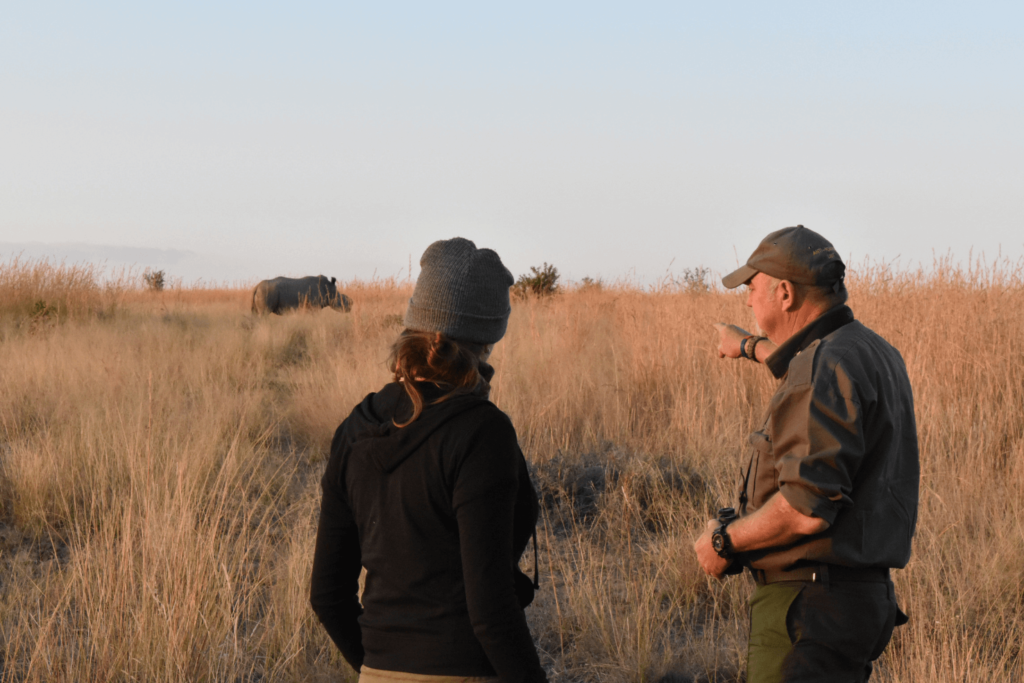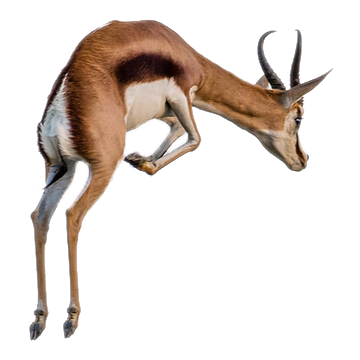Humpback Whale Research
MOZAMBIQUE
Mozambique
2 - 12 weeks
July - September
Up to 8 people
Age 18+
From £1,899
Mozambique
2 - 12 weeks
July - Sept
July - Sept
Up to 8 people
Max 8
Age 18+
From £1,899
What's the project about?
From July to September every year, hundreds of humpback whales migrate to Mozambique to breed and calve. The goal of the humpback whale research project is for marine biologists to gather data on the annual migration of humpback whales in Mozambique. Volunteers assist a specialist whale researcher to gather data for scientific studies of these wonderful animals, which are then used for international policy-making.
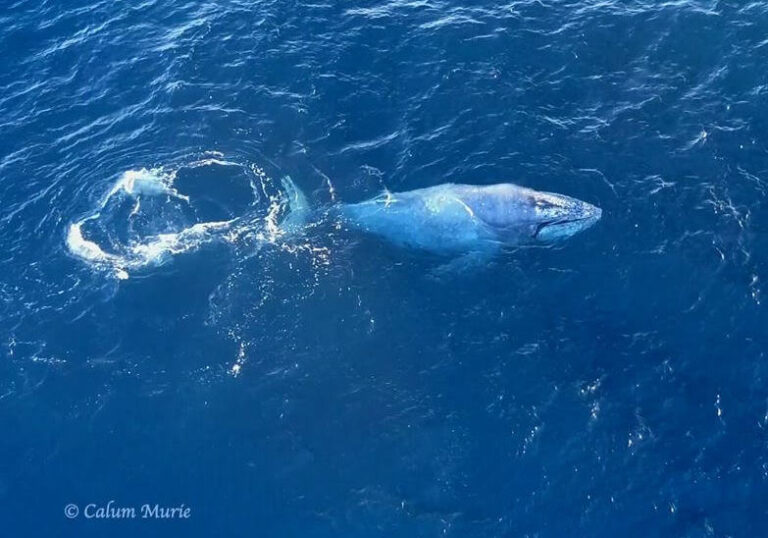
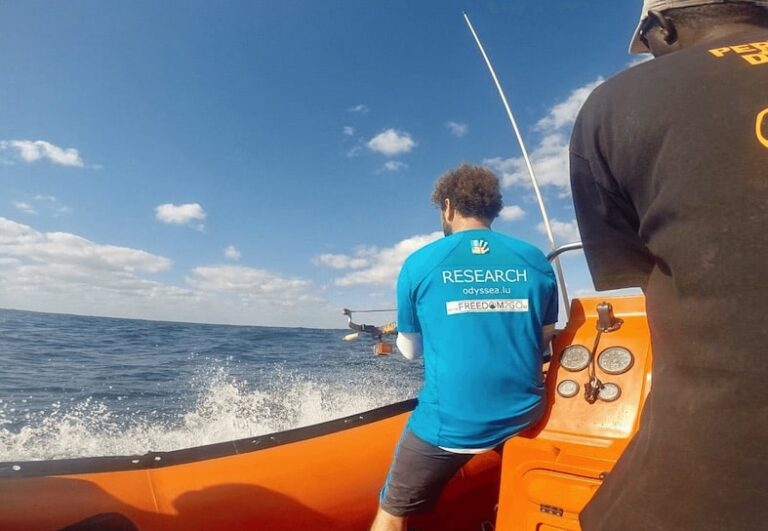
How will I be contributing?
Humpback whale research volunteers participate in boat-based whale expeditions, and work with researchers to gather data on population numbers, behaviour, individual animal logging and identification, and pod structure. Learn practical research and data collection techniques including photo-identification, biopsy sampling and acoustic recordings. Volunteers also view and collect data on whale sharks, manta rays and dolphins, to support the work done on our Marine Conservation Programme.
What makes this project ethical?
The Humpback Whale Research project is run by a specialist marine biologist who collects annual data on Mozambique’s whales. The conservation biology research is focused on the levels of toxins accumulated in whale blubber. Volunteers gain a deep insight into whale biology and ecology and learn the main research techniques used to study them. The research is used to positively influence international policy-making around whale conservation and culling.
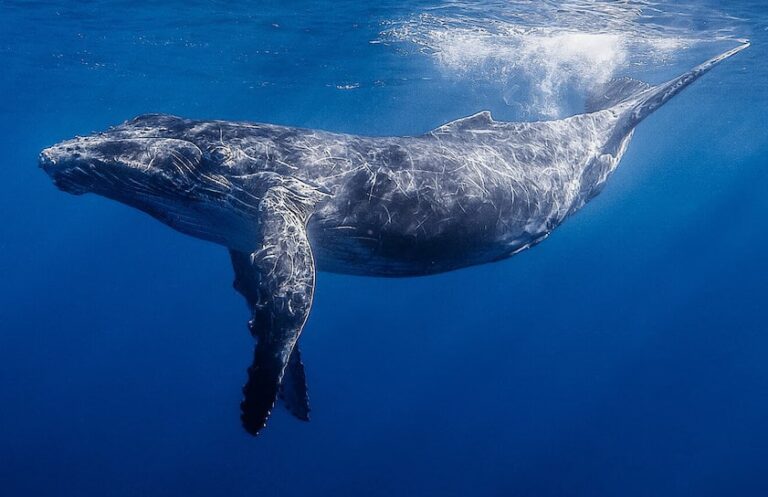
Project gallery
Project information
The objective of the project is to gather useful information about humpback whales and their marine ecosystem, and form an ongoing picture of their health and well-being.
Research expedition highlights
- Learn from experienced marine biologists and scientists and assist with their ongoing research projects;
- Have countless unforgettable encounters with enormous ocean giants;
- Learn new research techniques and work alongside marine scientists;
- Snorkel amazing coral reefs and learn to identify fishes and other sea creatures;
- Opportunities to snorkel with some of the ocean’s most incredible creatures, including whale sharks, giant manta rays and sea turtles;
- Live on the beach and enjoy the local Mozambican seafood and hospitality.
Humpback Whale Research
Humpback whales make annual journeys from Antarctica to the East African coast, as far north as Tanzania, where they mate and calf. In the African winter, hundreds of humpback whales are seen in the waters in and around Tofo. Without the presence of predators in the water they seem extremely playful and you can watch them play from the shore and the volunteer house, as well as get up close as you go on daily boat based research expeditions.
- Participate in four boat based humpback whale research expeditions a week and whale watch from the stunning shores of southern Mozambique;
- If it is safe to do so, enter the water for an unforgettable close-up encounter (no diving experience is necessary);
- Collect data on humpback whale behaviour, movement patterns, habitat use and pod structures;
- Record individual whale songs on a hydrophone;
- Learn how to photographically identify individual whales to add to the Mozambique Whale Database;
- Learn about humpback whale behaviour, ecology, anatomy, and life history;
- Complete research within one of the most bioproductive regions on the planet.
Although this expedition is focused on the humpback whale, you will also have the opportunity to view and collect data on whale sharks, dolphins and manta rays from both the boat and during snorkelling expeditions. You will also collect data on estuary and ocean health and participate in coral garden conservation.
Community Outreach
More than 60% of Mozambique’s population live in coastal areas, which places significant pressure on the marine environment. Many species are vulnerable to illegal poaching, many Mozambicans fear the sea and the majority cannot swim.
There may be opportunities to visit some of the local fishing villages and meet with the local community, to understand their daily lives and challenges. There will be regular beach clean-ups, which volunteers will also participate in.
What else will I experience?
- Enjoy sailboat and snorkelling expeditions to the local estuary and coral gardens where you will monitor the health of this unique, diverse, and stunningly beautiful eco-system;
- Explore the mangrove forests and freshwater lakes;
- Immerse yourself in vibrant local culture by connecting Mozambicans to their marine environment;
- Live beside one of Mozambique’s most beautiful beaches;
- Explore local villages markets;
- Visit Pandane, which boasts one of the best snorkelling reefs in Mozambique
- Sample local cuisine, which must include Mozambique’s world-famous peri-peri prawns
This is not a diving programme, but volunteers may spend some of their free time learning to dive or may join a local dive team on their regular dives (optional extra – additional charges apply and must be paid locally).
Volunteers stay at a beachside lodge, as close to the beach as you can get – with the ocean less than 100m from your verandah. Volunteers have their own house, overlooking the beach, with five twin (same sex) bedrooms and two bathrooms. The house can accommodate up to 10 volunteers at a time, so it never feels crowded. There is a daily housekeeper to clean and do laundry, and the house has a fully outfitted kitchen with essential food items such as bread, milk and eggs, plus tea, coffee and water. Mosquito nets and fans are provided in the rooms.
Three meals a day are provided during your stay, either in the lodge restaurant or you will have a braai (bbq). The food includes western food (pastas, rice, meat, vegetables), as well as lots of seafood and traditional Mozambican delicacies. Vegetarians and vegans can be provided for with advance notice, and please let us know if you do not eat fish or shellfish. If you require a gluten free diet, you may be asked to bring some items with you which are not locally available.
There is internet in the lodge restaurant and a laptop that can be used for basic emails, but long Skype calls and downloading of music and videos are not allowed. Local SIM cards for your phone, are available to purchase if you plan on using a lot of data.
“The accommodation is amazing, literally steps from the beach. It was clean and well-maintained, with a verandah overlooking the ocean – spectacular!”
When can I volunteer?
Volunteers can join this marine conservation expedition in two week blocks from late June to the end of September. The peak whale season is August. It is possible to do a week on this project, but we do recommend a longer stay if you can. Please enquire for one week availability and pricing.
If you are also a keen diver, why not combine the expedition with some time underwater at our Marine Conservation Programme, which is based at the same location in Tofo and is the same price.
Project pricing:
**SPECIAL OFFER – SAVE 10% ON BOOKINGS MADE BETWEEN 25TH MARCH AND 1ST JUNE 2024! TRAVEL CAN BE ANY TIME IN 2024.**
2 weeks: £1,899 – special offer price £1,709.10
3 weeks: £2,399 – special offer price £2,159.10
4 weeks: £2,899 – special offer price £2,609.10
5 weeks: £3,299 – special offer price £2,969.10
Each additional week £500 / week up to a maximum of 12 weeks.
Pricing includes 4 whale research trips per week, daily scientific talks, participation in long-term whale photographic identification, swimming and snorkelling with whales.
What’s included in the cost?
- Project contribution: this goes directly to our project partner and provides funding to ensure the programme can continue to meet its goals. For this project it will cover things like staff costs, equipment purchases, maintenance of equipment, boats and vehicles etc;
- Accommodation and three meals per day;
- Return transfers from Inhambane Airport;
- Estuary and snorkelling tours;
- All snorkelling equipment (wetsuits, masks etc);
- Comprehensive orientation and supervision;
- Practical instruction on research techniques and identification;
- Equipment and materials required to do your work;
- Internet (no streaming).
What’s not included?
- Flights or travel to Inhambane, Mozambique;
- Visa fees;
- Travel insurance (compulsory);
- Personal expenses such as souvenirs, drinks, snacks, extra activities
- Pre and / or post programme accommodation
- Additional excursions
- Local SIM card and data/airtime bundles (optional)
- Administration fee (£40)
** Special offer terms and conditions:
- Offer cannot be combined with any other offer or discount given on this programme.
- Bookings must be made and deposits received between 25th March and 1st June 2024.
- Projects must start in 2024.
- New bookings only.
View our booking terms and conditions.
Do I need to be able to dive?
This is not a diving programme. Should you wish to undertake underwater marine conservation volunteer activities, please visit our Marine Conservation Program. It would be helpful if you are able to communicate reasonably well in spoken English.
How old do I need to be?
The minimum volunteering age for solo travellers is 17 years. If you are aged 17-18, and wish to volunteer without your parents, you will need a signed parental consent form, and you must be aware of the rules for minors travelling unaccompanied through South Africa. There is no upper age limit, but for volunteers aged over 65, we do require your medical form to be signed by a doctor.
How many people will there be?
There is a maximum of 8 volunteers at one time, plus staff, researchers and volunteer co-ordinators.
When can I join?
Volunteers should ideally arrange to arrive and depart on a Sunday.
When is the best time to come?
June – September is humpback whale season when hundreds of whales migrate through the Tofo waters. August can get windy but the winter days of June, July and August are lovely temperatures with lower humidity. The diving over these months is excellent, so if you do wish to combine this Humpback Whale Research Program with Marine Conservation volunteering, it’s a great time to do so.
How long can I volunteer for?
We recommend a minimum 2-week stay to ensure you can experience everything being a humpback whale research volunteer has to offer. However, if your time is very limited it may be possible to join for a week, depending on other bookings. The cost of a one-week program is GBP 1,099.
Do I get some time off?
The working day is normally from 0730 – 1600. Outside of those times and weekends are at leisure, although activities may be planned, such as trips to Inhambane, snorkelling expeditions and boat trips.
How much spending money should I bring?
We recommend bringing around $50-100 a week in local currency to cover personal expenses such as drinks, souvenirs, snacks, tips and meals out. You can draw money at local ATMs – a Visa card is preferred.
Do I need a visa?
Most nationalities can and should obtain a tourist visa on arrival into Inhambane. Volunteers staying longer than 30 days need to obtain a longer-stay visa prior to arrival. Use this link to find your nearest embassy. We will provide you with a letter of support in this situation.
It is your responsibility to check your visa eligibility prior to arrival.
What marine animals will I encounter?
Tofo is a year-round hotspot for whale sharks and manta rays, and also populations of humpback and bottlenose dolphins. Sea turtles, sharks and rays are common along the shores, including the iconic reef shark. July – September is the humpback whale migration, where hundreds of these ocean giants fill the water – an amazing sight.
What vaccinations do I need?
Please consult your GP or travel clinic for detailed medical advice. All volunteers should make sure their Tetanus is up to date, or get a booster if you aren’t sure.
Malaria – the area is in a malaria region, so please consult your GP for guidance and be sure to get a medication you can take whilst diving. Note that the following antimalarials are NOT allowed: Lariam, Mefloquine (Mefliam) and Quinine. Please visit this UK government website for more details.
Humpback whale research and conservation
Southern Mozambique’s waters are the winter breeding ground of large numbers of humpback whales. The programme collects information on behaviour, acoustics, genetics and demographics, and is building a photo-id database of individual whales. One of the uses of the data is to counter the ‘scientific whaling’ argument, that you must kill a whale in order to determine its age.
Community engagement and alternative livelihood development
60% of Mozambique’s people live in coastal areas, placing increasing and significant pressure on the marine environment. Illegal poaching and over-fishing are endemic. Volunteers are involved with community livelihood and sustainable fishing projects to reduce the reliance on fragile marine resources.
Marine megafauna research
Research focuses on the area’s strong populations of whale sharks and manta rays, endangered reef turtles, and dolphins. Their goal is to complete world-leading research on the diversity, habitat use, demographics and movement patterns of these animals to inform long term conservation practices and strategies. By combining this research with data collected on the smaller marine creatures, such as plankton, sea horses and smaller rays, a picture of Tofo’s complete ocean ecosystem can be formed.
Click on the link for more information about participating on our diving-based Marine Conservation Programme.
The legendary beaches of Tofo and Barra boast some of the world’s best diving and snorkelling, and is a world-renowned scuba mecca. Additionally the area is home to large populations of marine megafauna, including manta rays, dolphins, reef and hammerhead sharks, turtles and of course, in-season humpback whales. The area is also home to one of the largest concentrations of whale sharks in Africa, where 50-strong congregations are not uncommon. Mozambique has stringent marine conservation laws to protect as much of the ocean as possible.
Our Marine Conservation volunteer programme was designed by a world-renowned manta ray biologist and a whale shark expert, who spent a decade gathering data in Mozambique. This annual humpback whale research expedition is an extension of that programme, focusing on the annual migration of hundreds of whales through the Mozambican waters, to breed and calve.
The community surrounding Tofo is one of the poorest in Mozambique. Many marine species are vulnerable to illegal poaching or non-sustainable fishing methods; many Mozambicans fear the sea and the majority cannot swim. Successful conservation relies as much on community support as scientific research, and volunteers will also get involved in community development initiatives.
The project is a once-in-a-lifetime opportunity for volunteers to learn new skills, enhance their career path, and help preserve threatened marine mammals.
Volunteer reviews

Other projects you might be interested in
Join world-class researchers in a spectacular diving location. Contribute to research supporting the conservation of whale sharks, manta rays and turtles.
From £1,099
1 - 12 weeks
Support conservation work to protect endangered species in South Africa. Monitor priority species including lion, leopard, cheetah, rhino and wild dog.
From $1,625
2 - 12 weeks
Volunteer as a Field Assistant in two of Zimbabwe’s most magnificent national parks. A unique volunteer opportunity on a true wilderness experience.
From $1,795
2 weeks
Gain practical experience in advanced anti-poaching techniques, learning from South Africa’s most experienced conservation professionals.

